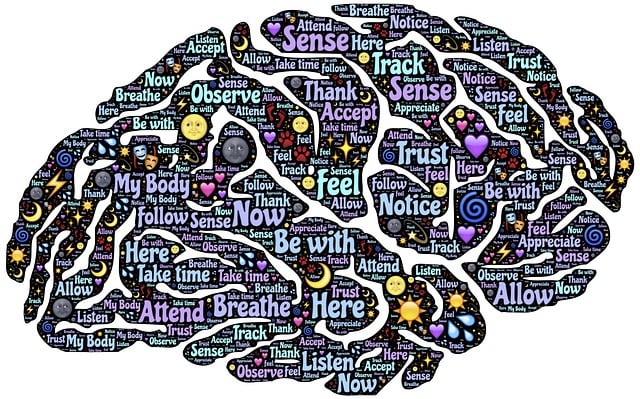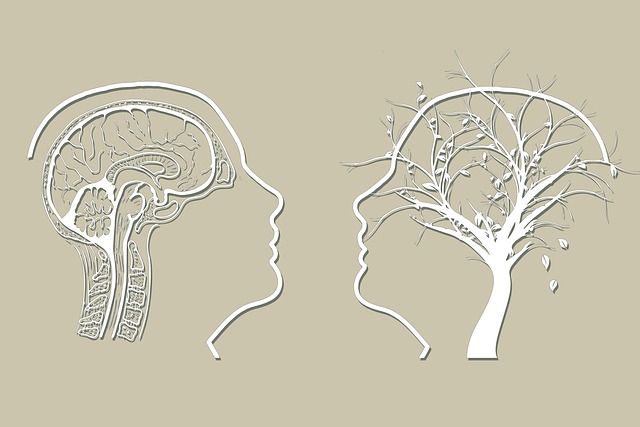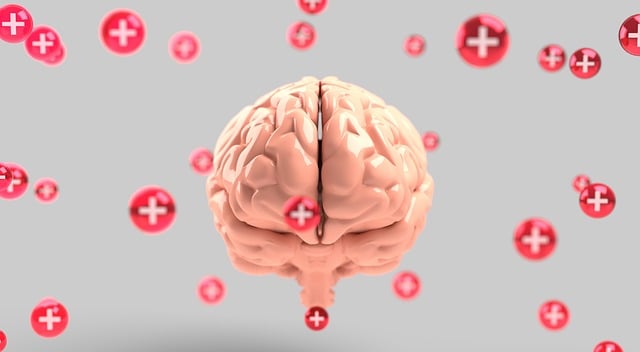Mental wellness is crucial for children's development, and early intervention through tailored therapy sessions addressing emotional challenges and unique spiritual-religious issues from diverse backgrounds is key. Incorporating mindfulness meditation enhances a holistic approach to mental healthcare, fostering cultural sensitivity. Therapists with expertise in spirituality create safe spaces for kids to explore their faith while discussing personal challenges, respecting cultural identity. Healthcare providers with cultural competency training offer trauma support tailored to each child's background, encouraging authentic expression and meaningful therapeutic outcomes. In faith-based communities, effective approaches integrate cultural beliefs with scientific techniques, promoting emotional resilience aligned with spiritual beliefs.
Mental wellness promotion among young children is a critical area of focus, given their developing minds and emotional vulnerabilities. This article delves into three key aspects of enhancing mental health in this demographic. We explore early intervention strategies for identifying and addressing mental wellness issues, the role of spiritual and religious elements in therapy, and best practices for promoting mental health within faith-based communities. By integrating these insights, we aim to provide a holistic approach to supporting young children’s emotional well-being. Incorporating spiritual-religious considerations in therapy for young children offers unique benefits, challenging conventional methods while fostering resilience and coping mechanisms.
- Understanding Mental Wellness in Young Children: Early Intervention Strategies
- Incorporating Spiritual and Religious Elements in Therapy for Children
- Overcoming Challenges: Best Practices for Promoting Mental Health in Young Faith-Based Communities
Understanding Mental Wellness in Young Children: Early Intervention Strategies

Mental wellness is a fundamental aspect of a child’s overall development, and early intervention can significantly shape their future emotional resilience. Recognizing the signs of mental health issues in young children is crucial, as it allows for timely support. Children may express distress through changes in behavior, such as excessive irritability, difficulty concentrating, or dramatic mood swings. These symptoms could indicate underlying problems that require professional attention.
Early intervention strategies involve various techniques tailored to each child’s needs. Therapy sessions can be immensely beneficial, addressing not only emotional challenges but also spiritual-religious issues unique to different cultures. Incorporating mindfulness meditation and emotional well-being promotion techniques in therapy ensures a holistic approach, fostering cultural sensitivity in mental healthcare practice.
Incorporating Spiritual and Religious Elements in Therapy for Children

Incorporating spiritual and religious elements into therapy for young children can provide a holistic approach to addressing their mental wellness. Many children grow up within families or communities that hold strong beliefs, and these values can significantly influence their emotional well-being and coping mechanisms. Therapists with a deep understanding of spirituality and religion can create a safe and supportive environment, where children feel comfortable exploring their faith while discussing personal challenges. This integration respects the child’s cultural identity and may enhance their sense of belonging and purpose.
Healthcare providers with specialized training in cultural competency, particularly focusing on spiritual-religious issues, are better equipped to offer trauma support services tailored to each child’s unique background. By incorporating empathy building strategies that acknowledge the role of spirituality, therapists can foster a deeper connection with young clients, encouraging them to express their feelings and work through difficulties from a place of authenticity. This approach can lead to more meaningful therapeutic outcomes and contribute to the overall promotion of mental wellness in children.
Overcoming Challenges: Best Practices for Promoting Mental Health in Young Faith-Based Communities

In young faith-based communities, promoting mental wellness requires a nuanced approach that addresses both spiritual and religious issues alongside emotional well-being. Overcoming challenges in this context involves tailored strategies that integrate cultural beliefs with evidence-based practices. Therapy for young children within these communities can be enhanced by incorporating coping skills development tailored to their unique needs, fostering empathy between peers and leaders, and organizing stress management workshops that respect their faith while teaching effective resilience techniques.
Best practices include creating safe spaces where youth can openly discuss their struggles without fear of judgment, integrating mindfulness exercises into daily routines, and encouraging peer support networks. By implementing these strategies, faith-based organizations can create a supportive environment that not only addresses immediate mental health concerns but also promotes long-term coping abilities. This holistic approach ensures young individuals develop the emotional resilience necessary to navigate life’s challenges while remaining grounded in their spiritual beliefs.
Promoting mental wellness in young children involves a multifaceted approach, from early intervention strategies to incorporating spiritual and religious elements in therapy. By understanding the unique needs of young minds and fostering inclusive practices within faith-based communities, we can significantly enhance their overall well-being. These comprehensive strategies ensure that children receive holistic support, addressing not just their mental health but also their spiritual-religious issues. Ultimately, prioritizing mental wellness in early life paves the way for healthier, more resilient individuals.








